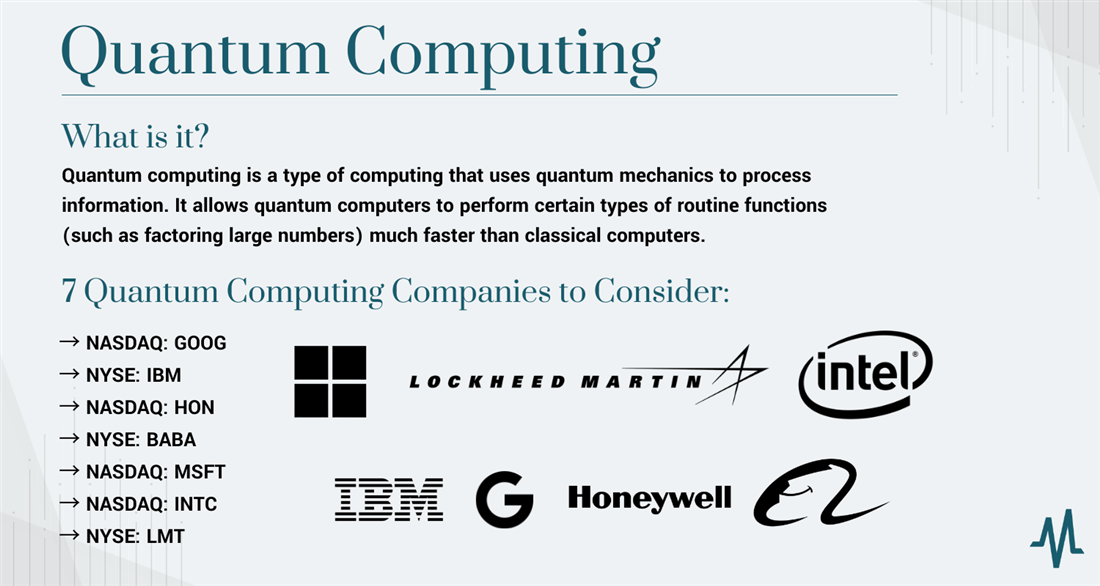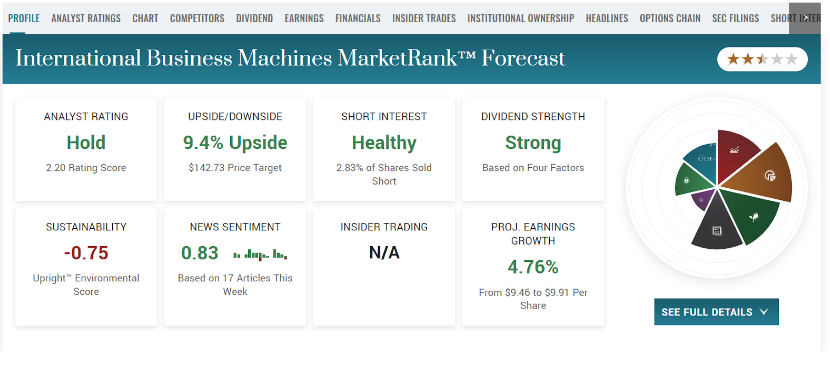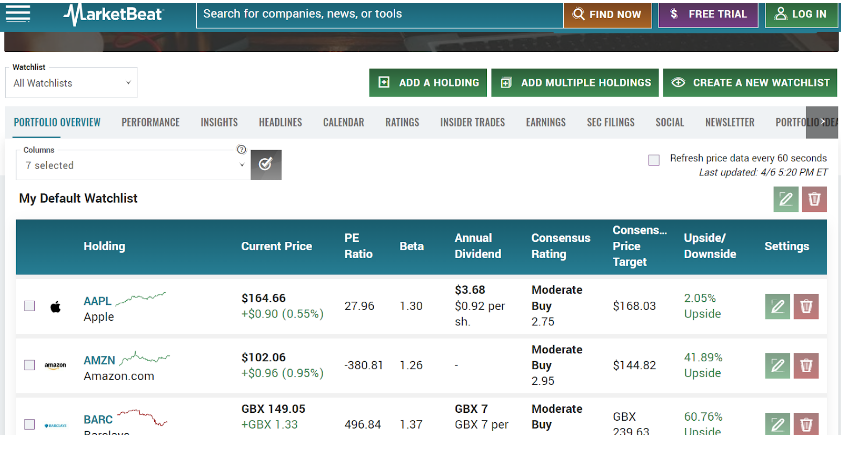Quantum computing is a relatively new type of computer programming that incorporates quantum mechanics into a machine's functionality. This may result in faster computer processing, especially when working with large data sets. A quantum computing investment can also provide access to additional tech developments, as the companies researching this functionality work on various projects simultaneously.
Are you interested in learning how to invest in quantum computing? You can invest in quantum computing by buying shares of stock in companies working at the forefront of developing quantum technology. Read on to learn more about how businesses use quantum computing and a few of the best companies to invest in.
Quantum Computing: An Overview
Quantum computing is a type of computing that uses quantum mechanics to process information. It allows quantum computers to perform certain types of routine functions (such as factoring large numbers) much faster than classical computers.
Classical computers use bits, binary units of information that can be either 0 or 1, to perform calculations. Quantum computers, on the other hand, use quantum bits (qubits), which can exist in a superposition of states, meaning they can be 0 and 1 at the same time. This allows quantum computers to perform some calculations much faster than classical computers.
Quantum computing works by manipulating the state of qubits through a process called quantum gates. Quantum gates are similar to the logical operations used in classical computing, such as "and," "not" and "if" statements. However, quantum gates can also create and manipulate quantum superpositions and entanglement, a unique quantum phenomenon. This allows services like cloud computing to exist without significant delays, even when many users are on the system.
Why Invest in Quantum Computing?
Quantum computers have the potential to be significantly more powerful than classical computers, which means they can solve complex problems that are currently beyond the capabilities of the computers we use daily. Investing in companies researching quantum computing can put investors ahead of the tech curve in defense and computer developments.
Quantum computers can be used to develop more accurate and efficient machine learning algorithms used in applications such as image and speech recognition. This can be particularly useful for companies developing A.I. technology. Explore a few top-rated tech stocks on MarketBeat to learn more about the largest players in the quantum computing sphere.

How to Invest in Quantum Computing
Learning how to invest in quantum technology starts with learning how to research, buy and monitor shares of tech stocks. Though the specific steps you'll go through and stock ratings on MarketBeat you'll want to explore may vary depending on your needs, the basic steps are as follows.
Step 1: Explore the market.
Many companies are investigating quantum computing and incorporating them into various research and consumer products. Tech companies are of course at the forefront of the industry, funding much of the proprietary research propelling new developments. These companies are developing their quantum computing hardware, software and tools, which can be sold to consumers and businesses to streamline data processes.

Image: IBM is one of the many stocks you can invest in to gain quantum computing exposure.
Startups are also active in the quantum computing field, sometimes funded by larger venture capital firms. Aerospace and defensive stocks are also active in quantum computing research, incorporating this tech into cryptography solutions. The next section will cover a few of the largest companies researching quantum computing.
Step 2: Monitor potential investments.
Once you've identified a few stocks you may want to invest in based on quantum computing projects, monitor their performance for a few days or weeks. This will help you determine the ideal time to place your buy order to avoid overpaying for trending shares. Consider creating an account with My MarketBeat to add stocks to your watch list for simple sorting. This feature will save your picks, allowing you to review them later.

Image: My MarketBeat allows you to save a list of stocks to review later, streamlining the research process.
Step 3: Place a buy order.
When you've determined your entry point, you can finally log onto your brokerage account to order a buy. Since you've researched price, using a limit order to set your order on autopilot makes sense. If the broker is able to complete the order, you'll see the shares directly in your account.
Step 4: Keep up with news.
Active financial management doesn't end when your order is complete. Keep up with the latest news and developments related to your stocks, and monitor dividend distributions. If you've invested in one or more of the best dividend stocks according to MarketBeat, note each dividend's classification for tax purposes.
7 Quantum Computing Companies to Consider
Investing in quantum computing starts by researching how companies use this technology to enhance their products and services. The following are a few major names in quantum computing investing. You'll notice that many overlap with our list of the best technology stocks on MarketBeat, as quantum computing is just one part of a broad overall investigative infrastructure.
Alphabet
Alphabet Inc. (NASDAQ: GOOG), the company behind Google, is also a major name in quantum computing development. Google has been developing quantum computing hardware since the early 2000s. In 2019, Google claimed to have achieved "quantum supremacy," meaning that its quantum computer could solve a problem that would take a classical computer more than 10,000 years.
IBM
International Business Machines (NYSE: IBM) is a multinational technology company with more than 170 years in tech development. IBM has been involved in quantum research since the 1980s. The company has also recently announced the opening of the IBM Quantum Computation Center, which houses the world's largest fleet of quantum computing systems available for external access.
Honeywell International
Honeywell International (NASDAQ: HON) is a conglomerate that operates in various industries, including aerospace, building technologies and productivity solutions. In 2020, the company announced that it had developed the world's most powerful quantum computer based on trapped-ion technology. The computer, which has a quantum volume of 64, is designed for industrial and scientific applications and has since been launched commercially.
Alibaba Group Holding Limited
The Alibaba Group Holding Limited (NYSE: BABA) is a major player in the global technology industry, with a wide range of businesses and operations. In addition to its well-known e-commerce offerings, the company is investing heavily in file sharing and cloud tech knowledge. Its cloud computing subsidiary, Alibaba Cloud, has been developing a cloud-based quantum computing platform to provide faster download services.
Microsoft Corporation
The Microsoft Corporation (NASDAQ: MSFT) is one of the world's top software and hardware developers, with a total market capitalization of over $2 trillion. The company is best known for its Windows operating system and line of products. Microsoft has also developed a software platform, called the Microsoft Quantum Development Kit that allows developers to write quantum algorithms and simulate quantum systems.
Intel Corporation
Intel Corporation (NASDAQ: INTC) is one of the world's leading providers of microchips. Lately, it has been focusing on developing a hybrid quantum-classical computing approach, which combines the power of quantum computing with traditional classical computing methods. This approach allows for developing algorithms using quantum and classical processing power, which is particularly useful for solving complex optimization and simulation problems.
Lockheed Martin Corporation
Lockheed Martin Corporation (NYSE: LMT) is a major player in the global aerospace and defense industry, focusing on incorporating advanced computing into defensive equipment. The company has been working on developing a quantum computing system called the Lockheed Martin Quantum Computing Center, which uses superconducting qubits to perform quantum operations.
Keep Up with the Changing Tech Market
Tech is one of the fastest-growing fields in the world, and quantum computing is at the forefront of the industry. This developmental nature means that the top players in the industry can change relatively often. If you're planning to invest in the quantum computing sphere, it can be a good idea to spread your risk out between multiple companies in the sector.
Investing in a tech ETF is one way to diversify your investments during the purchase process. Quantum computing ETFs like the First Trust Nasdaq Artificial Intelligence and Robotics ETF (NASDAQ: ROBT) and the Global X Future Analytics Tech ETF (NYSE: AIG) provide access to a "basket" of stocks that trades as a single unit. This allows you to divide your money between multiple major investments without researching individual stocks.
FAQs
Look at the following frequently asked questions before you invest.
Can you invest in quantum computers?
Investing in quantum computing and its mechanics is possible by investing in a company developing and manufacturing quantum computing hardware and software. Some notable companies in this space include IBM, Google, Microsoft, Intel and Honeywell. You can gain more diversified exposure to quantum computing through an ETF like the Global X Quantum Computing and AI ETF.
What is the best quantum computing stock?
The best quantum computing stock may vary depending on whether you want growth, value or dividend distribution potential. To evaluate quantum computing stocks, look at features like P/E ratio, dividend yield and 30-day moving average value. You can also check out a stock list like this Dividend Aristocrats list from MarketBeat to narrow down the best quantum computing companies to invest in.
Is it worth investing in quantum computing?
Investing in quantum computing can be worth it, as major tech investments will provide exposure to both developing quantum tech and the current retail market. However, it's important to remember that no individual stock or ETF can guarantee any return, so you should only invest as much as you can comfortably afford to lose.





